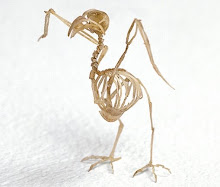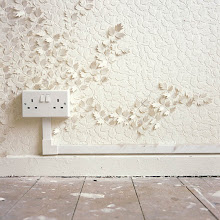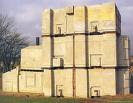New installation at BRANCH 3D, a window gallery in Forest Lodge.
'Colour collection of studio objects'
From 2nd February 2014 - 1st March 2014
Can be seen 9am -8pm Daily
BRANCH 3D
26 Ross Street, Forest Lodge, 2037
More images
here
Copy of
invite
"The sheer number of the things needing to be
arranged and the near-impossibility of distributing them according to
any truly satisfactory criteria mean that I never finally manage it,
that the arrangements I end up with are temporary and vague, and
hardly any more effective than the original anarchy. The outcome of
all this leads to truly strange categories. A folder of miscellaneous
papers, for example, on which is written 'To be Classified'..."
Georges
Perec 'Species of Spaces and Other Pieces'
I wasn't sure what to do on arriving
at 26 Ross St. I had the vague idea of installing a small model
studio space, of trying to remember, through recreating, the easy
potential of all things held together under that name. I brought what
I thought to be an abundance of objects—china leaves, sea glass,
corals and plaster casts, sponges and globes, bottles, spools, twigs
and pins, boxes and bags of things: black, white, gold, silver,
caramel and grey.
The window space, and table inside,
quickly became a jumble of chaotic bric-a-brac. Ordinarily the
arrangements of these things are particular, a combination and play
of names, spaces, environments, animals and different processes. I'm
not sure exactly what it is I collect—but I'm interested in any
thing that is not quite itself, that used to be something else, is in
a state of slow unravelling, of losing its name—or that use to do
something or belong somewhere fantastical. Then there are some things
made special by a lack of use, forgotten or saved, highlighted by
their unintentional accumulation of time.
Looking at this mass of objects with
all their potential categories in such close proximity, and
envisioning them in the window space was slightly overwhelming.
Coupled with this was my realisation that I'd rarely worked with such
a clean display space, or perhaps given due consideration to the
window's nature—to capturing the momentary casual passer's eye, and
so I progressed slowly. I didn't mind this slowness, there was
pleasure in seeing these objects again, as there was in showing them
to Sarah Nolan and viewing them through her eyes—but perhaps
sensing my hesitation and witnessing my snail pace, Sarah mentioned
in passing how they might look arranged by colour.
I quickly abandoned my unformulated
experiment, and embarked on this suggestion. Colour had
always held a particular, though undefined, position in my work. It
was important, but perhaps I'd always felt a bit self concious of
addressing it—worried there wasn't proper credibility in a choice I
suspected of being purely aesthetic. I found these colours
beautiful, their natural tones pleasing, soothing and rich with
texture. Such qualities ask little justification, and their existence
always seems a little uncertain, however with closer examination
there were also other reasons. I liked the way, in colour terms at
least, all these objects could become reconciled to each other. There
could be all these other points of tension between them, but
materially they were sympathetic.
So it was quite freeing to arrange
them like this, to acknowledge that material part of them, and for
their categorisation to be so obvious that, for a moment at least, it
subdues their threatening anarchy.
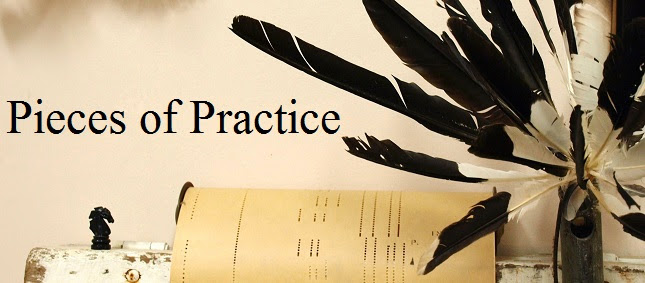










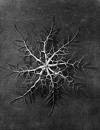
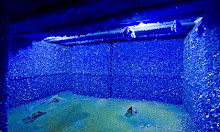.jpg)
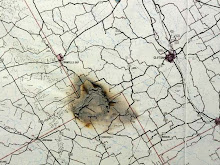


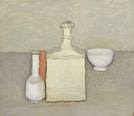
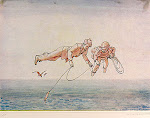
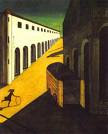
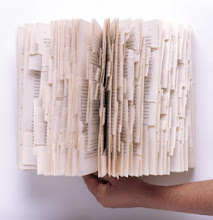.jpg)

